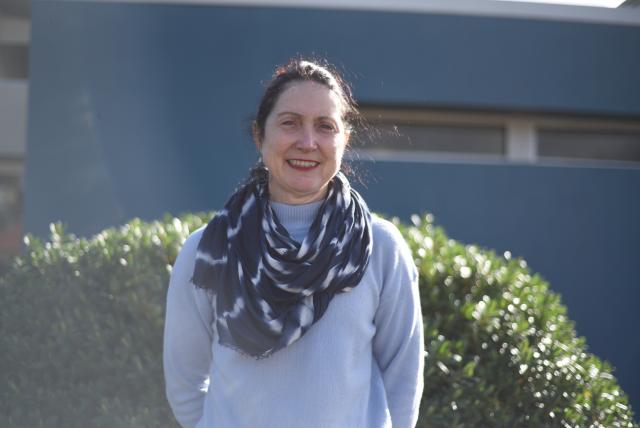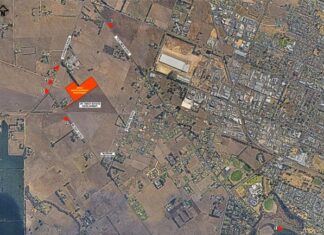More regional medical staff

Digital Edition
Subscribe
Get an all ACCESS PASS to the News and your Digital Edition with an online subscription
BESS project location rejection
THE District Council of Grant has formally opposed the location of a battery energy storage system (BESS).
Elected members discussed at large its stance...







